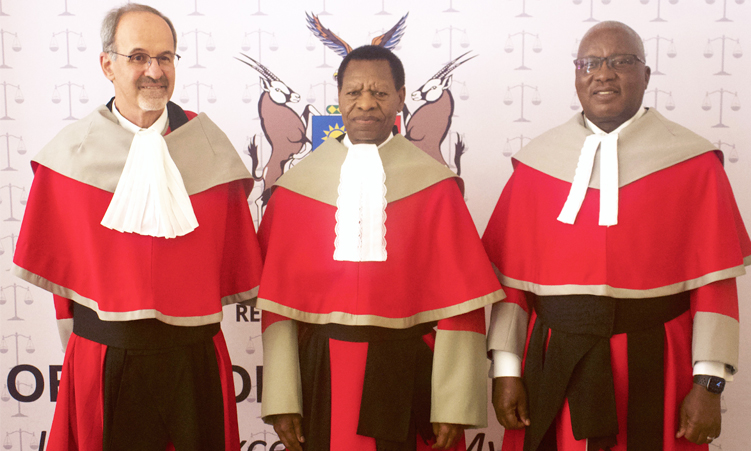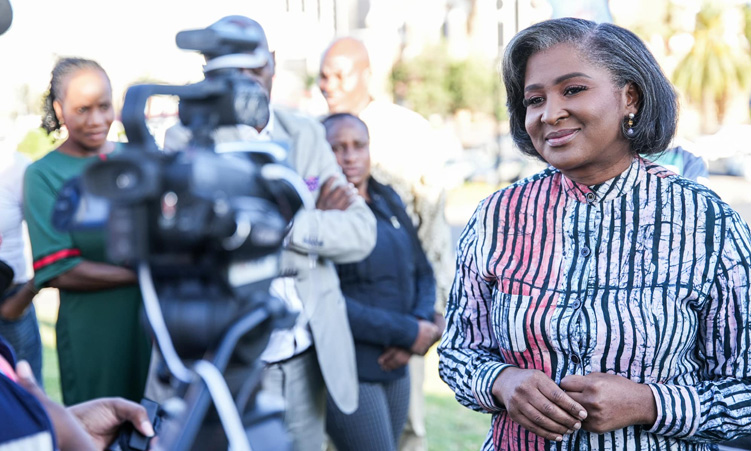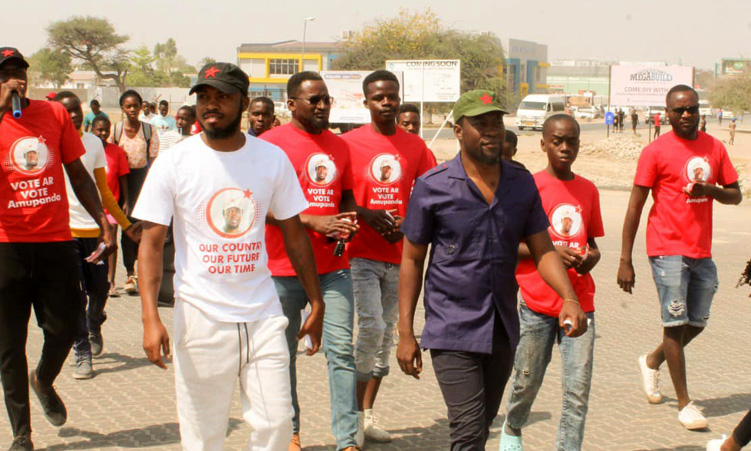I watched an interesting video called ‘Rules For Rulers’ by the YouTuber CGP Grey, and I’d like to try my best to summarise the parts of it I found poignant and particularly useful.
The 18-minute animation breaks down how politics works on a fundamental level, and how one can gain and retain power and influence on a small scale and in larger arenas.
The video is structured as if it were a playbook for someone who wanted to be a dictator, and gives rules one must follow to get there. By understanding these rules, any lay person can take a look at the world around them and see how they are being applied in reality.
Much of the political theories come from ‘The Dictator’s Handbook’ by Bruce Bueno de Mesquita and Alastair Smith, and 10 rules are emphasised.
The first is ‘No Leader Rules Alone’. Whether you’re a dictator or democratically elected official, what keeps you in power is a small group of essential supporters, called the “keys to power”.
These are the people whose backing is necessary for one to remain in power. In a democracy, those ‘keys’ may include specific demographics, voters, influential donors and lobby groups. In an autocracy, ‘keys’ may be military leaders, powerful families and wealthy elites.
Now, the keys are important, but the second rule tells us ‘The Fewer the Keys, the Better’, because the fewer people a leader relies on, the easier it is to manage them.
In an autocracy, where fewer keys are needed, power is more stable. In democracies, where leaders need the support of a larger number of people, maintaining power is harder.
The third rule is to ‘Control the Money’, as it allows leaders to reward their key supporters. A ruler must have control over resources, whether through taxes, natural resources, or foreign aid. With money, they can offer incentives like jobs, contracts, tenders and privileges to their keys.
This ties into the fourth rule, which is to ‘Pay Your Keys’ to maintain loyalty.
In autocracies, this means providing wealth, privileges and power to a small group of elites. In democracies, this could mean funding social programmes, infrastructure or services that appeal to voters.
The fifth rule, funnily, is ‘Don’t Waste Money on the People’. I’m not kidding, but to stay in power a ruler should care more about their keys than the well-being of the general populace, because resources are limited. This means no roads, no schools, no drinking water.
The sixth rule, ‘Keep the Keys Loyal’, further underscores how important these figures are for maintaining power.
Their loyalty must continually be assessed and reinforced, and fear must be implanted in them through the seventh rule, which calls for you to ‘Replace Disloyal Keys Quickly’.
The eighth rule, ‘Always Watch for Rivals’, also warns leaders to be vigilant and constantly monitor their keys and those around them for signs of disloyalty or ambition.
The penultimate rule, ‘Manipulate the Rules if Necessary’, is a testament to the by-any-means-necessary approach required for true domination. A dedicated ruler will at times be required to bend legal, financial and political rules, manipulate elections, censor the opposition and alter laws.
Lastly, a ruler who truly wants to maintain control must know that ‘Public Support is Secondary’, meaning the masses are not who keep you in power. Basically, f@*k them.
From these rules, which have existed and have been analysed in literature for years and have no doubt been studied by leaders across the globe, it is easy to see how and why many systems work the way they do.
You may often find yourself screaming at a brick wall, asking for better service delivery, jobs, grants, protection from droughts and floods, food and education, and wondering if anybody is actually listening to you.
I am here to tell you that they are listening and they are actively ignoring you. Corruption is not just a consequence of putting greedy people in charge of the coffers. It is something leaders actively participate in as a means of grabbing and maintaining power.
There is no money for tarred roads and running water and electricity, because resources are limited and so much money has to go towards paying off the people who are in the position to speak up for you.
There is a lovely quote by Thomas Sankara that goes: “We must choose either champagne for a few or safe drinking water for all”, and I think about it often.
A ‘good’ ruler who wants to maintain power for long knows that water for all is a useless endeavour that will not serve him/her.
I need you to understand that your leaders, your colleagues, your bosses and your rivals are reading literature and studying power structures, and so should you.
– Anne Hambuda is a writer, social commentator and poet. Follow her online or email her at
annehambuda@gmail.com for more.
Stay informed with The Namibian – your source for credible journalism. Get in-depth reporting and opinions for
only N$85 a month. Invest in journalism, invest in democracy –
Subscribe Now!






